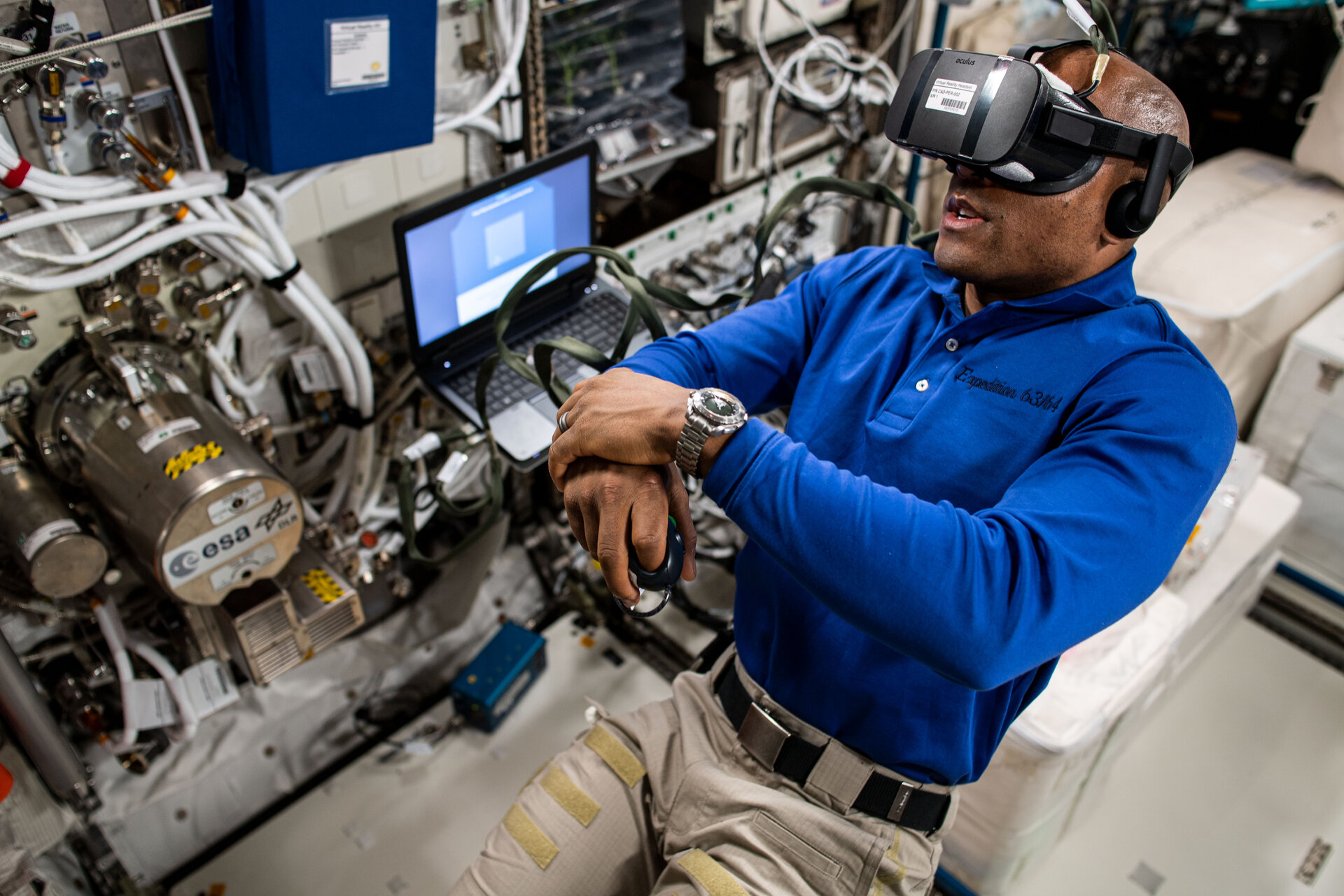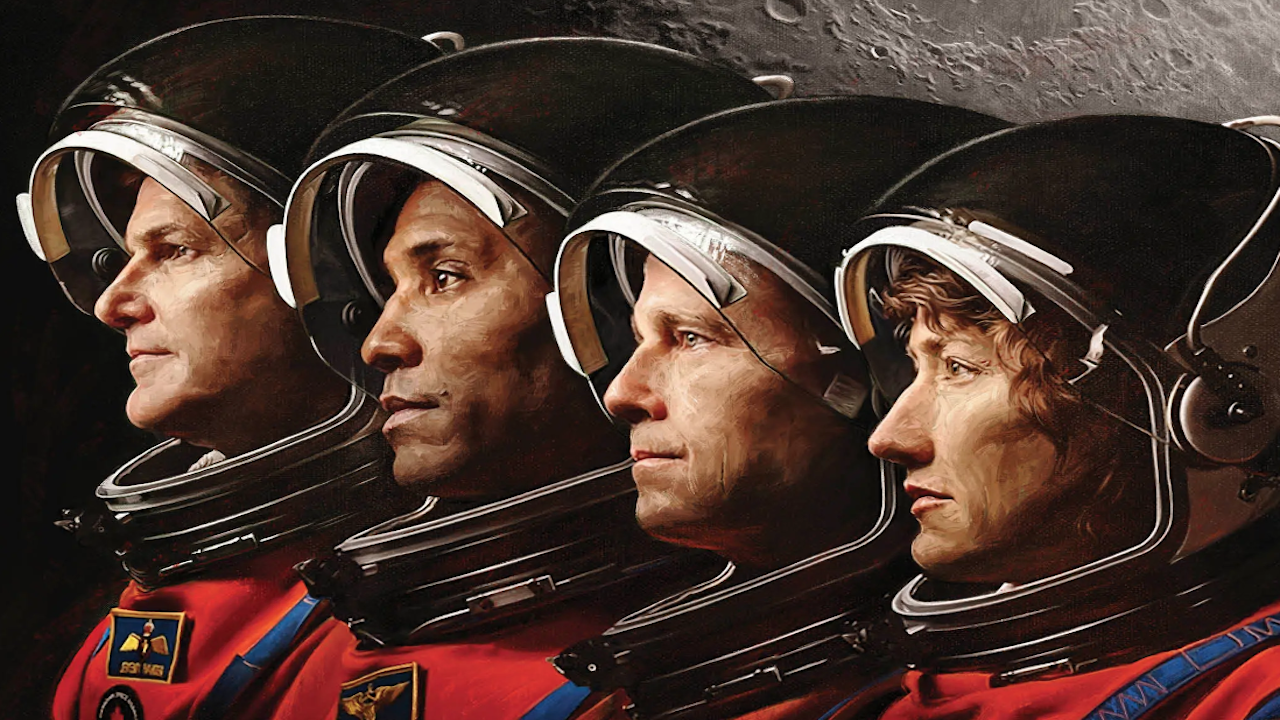NASA honors Black History Month with live webcasts
Here's how to stay up to date on all of NASA's content for Black History month.
NASA has a lineup of discussions ready to discuss the impact of Black History Month in space exploration.
From highlighting the African Americans who have flown in space, to the Black people who work at senior levels of the agency today, NASA's Black history discussions will include webcasts and other live events to continue the conversation.
Mae Jemison. George Carruthers. Katherine Johnson.This #BlackHistoryMonth, we’re sharing stories of our many stars who light the way for future generations. Celebrate with us all month: https://t.co/Vh58ca3cIN pic.twitter.com/B1ZjHS0eeBFebruary 1, 2022
NASA is also working to honor the contributions of Black people poorly recognized in past decades, such as the "Hidden Figures" engineers and scientists who contributed to the early space programs of the agency.
There are several events listed on the NASA TV website , which will run live on NASA TV, the NASA app and at Space.com. The schedule so far includes the following:
- Feb. 4, 1 p.m. EST (1800 GMT) – Black History Month Virtual Event: Health and Wellness
- Feb. 9, 12 p.m. EST (1700 GMT) – Black History Month Virtual Event: Mental Health and Suicide Awareness
- Feb. 16, 12:30 p.m. ET (1730 GMT) – Black History Month Virtual Event: Nutritional Health
- Feb. 23, 12 p.m. EST (1700 GMT) – Black History Month Virtual Event: Physical Health
(Editor's note: In the United States, the National Suicide Prevention Lifeline is a hotline for individuals in crisis; call 1-800-273-8255. Alternatively, you can text the Crisis Text Line; text "HELLO" to 741741.)

In latter years, NASA has also tried to include more discussions about slavery, systemic racism and their impact on early agency history. For example, NASA also honors Juneteenth every year.
In June 2020, former NASA administrator Charles Bolden (the agency's only Black administrator to date) told Space.com that more representation efforts are needed at the agency. "We don't have enough representation in the astronaut office, by women and minorities," Bolden, a former astronaut himself, said.
Breaking space news, the latest updates on rocket launches, skywatching events and more!
Bolden also criticized the fact that at the time of his discussion, no African-American crewmember had flown on the International Space Station, which has been accepting long-duration crews since 2000, except for short space shuttle visits. In November 2020, astronaut Victor Glover launched on a SpaceX Crew Dragon and became the first Black crewmember of an ISS expedition crew.
Follow Elizabeth Howell on Twitter @howellspace. Follow us on Twitter @Spacedotcom and on Facebook.

Elizabeth Howell (she/her), Ph.D., was a staff writer in the spaceflight channel between 2022 and 2024 specializing in Canadian space news. She was contributing writer for Space.com for 10 years from 2012 to 2024. Elizabeth's reporting includes multiple exclusives with the White House, leading world coverage about a lost-and-found space tomato on the International Space Station, witnessing five human spaceflight launches on two continents, flying parabolic, working inside a spacesuit, and participating in a simulated Mars mission. Her latest book, "Why Am I Taller?" (ECW Press, 2022) is co-written with astronaut Dave Williams.
